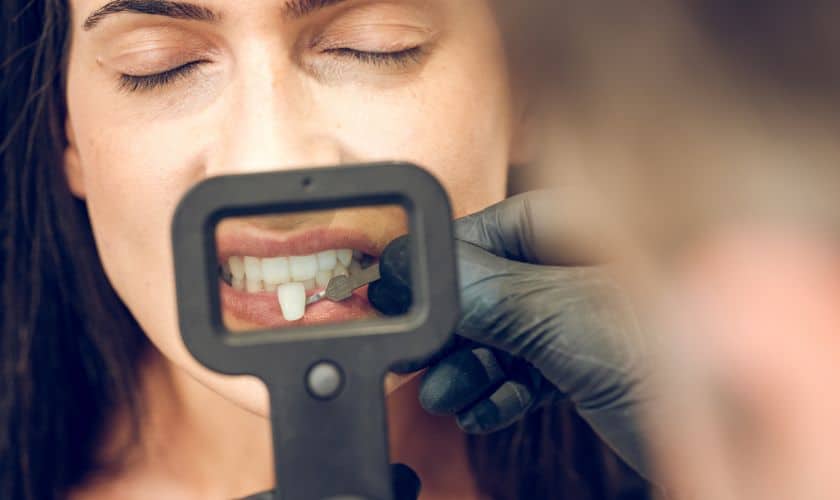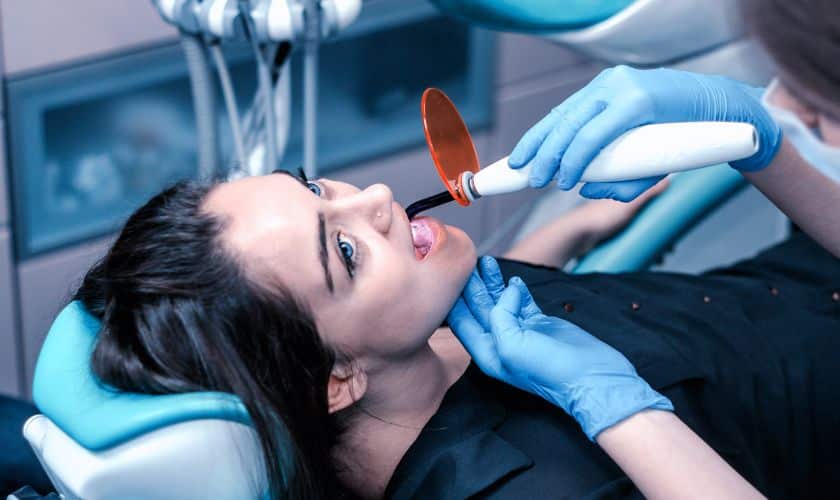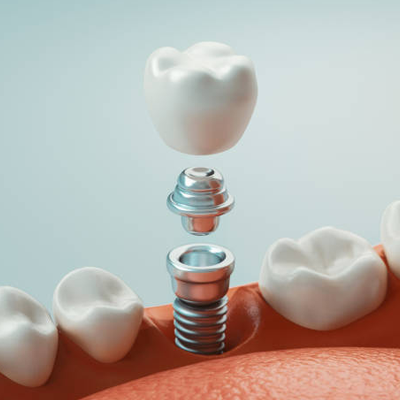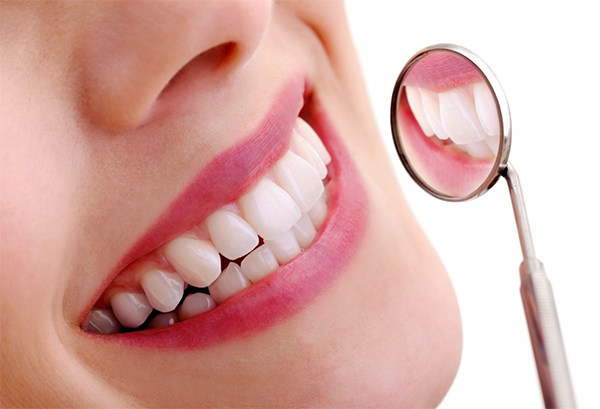
Are you looking for a way to achieve the perfect smile? Look no further than dental veneers! These thin, custom-made shells are designed to cover the front surface of your teeth and can transform your smile in just a few appointments. But with so many types of veneers available, how do you know which one is right for you? In this blog post, we’ll explore the various types of dental veneers and their incredible benefits, so that you can make an informed decision about achieving your dream smile.
What Are Dental Veneers?
Dental veneers are a popular cosmetic dentistry solution that can help you achieve a picture-perfect smile. These thin, custom-made shells are designed to cover the front surface of your teeth and improve their appearance.
Dental veneers can be made from different materials such as porcelain or composite resin. Porcelain veneers are more durable and stain-resistant than composite resin ones, but they also come with a higher price tag.
The process of getting dental veneers usually involves several steps: consultation, preparation, bonding, and follow-up care. During the consultation phase, your dentist will evaluate your oral health and discuss your goals for treatment. They may take X-rays or impressions of your teeth to create customized veneers that fit perfectly.
In the preparation phase, a small amount of enamel is removed from the front surface of each tooth to ensure proper adhesion and fit for the veneer. Bonding involves using special cement to attach each veneer securely in place on its corresponding tooth.
With proper care like regular brushing and flossing along with routine dental checkups every six months, dental veneers can last up to 10 years or even longer.
The Different Types Of Dental Veneers
Dental veneers are a popular cosmetic dentistry procedure that can enhance your smile and boost your confidence. There are different types of dental veneers available, each with its own unique benefits and drawbacks.
Porcelain veneers are the most common type of veneer used in cosmetic dentistry. They are made from thin porcelain shells that are custom-made to fit over the front surface of teeth. Porcelain is durable, long-lasting, and has a natural appearance.
Composite resin veneers are another option for those looking to improve their smile. Unlike porcelain, the composite resin is applied directly onto the tooth’s surface and then shaped to create a natural-looking finish. Composite resin is less expensive than porcelain but may not last as long.
Lumineers® are ultra-thin porcelain veneers that require little or no preparation before placement on the teeth. This makes them an attractive option for patients who want minimal changes to their natural teeth.
In addition, there are removable dental veneers such as Snap-On Smile®, which provide temporary coverage for stained, chipped, or missing teeth without any invasive procedures required.
It’s important to discuss all of these options with your dentist so you can make an informed decision about which type of dental veneer is best suited for you based on your individual needs and budget constraints.
The Benefits of Different Types Of Veneers
Dental veneers are a great solution for those who want to improve the appearance of their teeth. This cosmetic dentistry treatment can fix various dental problems, such as discoloration, chipped or broken teeth, and irregularly shaped teeth.
There are different types of veneers available in the market that offer various benefits. Porcelain veneers are known for their durability and natural-looking appearance. They can last up to 15 years with proper care and maintenance.
Composite resin veneers require less preparation time than porcelain ones and can be completed within one visit to the dentist. They also cost less than other types of veneers but may need replacement after five to seven years.
Lumineer veneers are ultra-thin and do not require extensive tooth preparation compared to traditional porcelain ones. They also offer long-lasting results without compromising your natural tooth structure.
Ultimately, the choice between these types of veneers comes down to personal preference and budget constraints. Consulting with a trusted dentist will help determine which type is best suited for your needs.
Whichever type you choose, it’s important to maintain good oral hygiene practices like brushing twice daily, flossing regularly, and avoiding hard foods that could damage your new smile investment.
How To Care For Your Dental Veneers
Taking care of your dental veneers is important to ensure that they last for many years and maintain their beautiful appearance. Here are some tips on how to properly care for your dental veneers:
Firstly, it’s important to brush your teeth twice a day with fluoride toothpaste and floss once a day. This helps remove any plaque or debris from on or around the veneers.
Avoid biting down on hard objects like ice, pens, or fingernails as this can cause damage to both the veneer and natural teeth.
If you grind or clench your teeth at night, ask your dentist about wearing a night guard. This will protect both the veneers and natural teeth from damage caused by grinding.
Limit staining foods and drinks such as coffee, tea, red wine, and berries. If you do consume them, rinse your mouth out with water afterward to prevent staining.
Regular visits to the dentist every six months are important for maintaining good oral health overall but also specifically monitoring the condition of your dental veneers.
Remember that while dental veneers are strong and durable they still require proper care just like natural teeth would. By following these tips you can help extend the lifespan of your dental veneers while keeping them looking great.
Signing Off
Dental veneers are a great solution for anyone looking to improve the appearance of their smile. With different types such as porcelain, composite, and no-prep veneers, you can choose the best option that suits your needs and budget.
The benefits of dental veneers go beyond just cosmetic improvements – they can also help with tooth sensitivity and strengthen weakened teeth. However, it is important to remember that proper oral hygiene is crucial in maintaining the lifespan of your veneers.
Regular dental check-ups and cleanings will ensure that any issues are caught early on and taken care of promptly. Ultimately, investing in dental veneers can be life-changing for those who have been self-conscious about their smiles.
Book an appointment with your dentist today to learn more about which type of dental veneer may be right for you.











